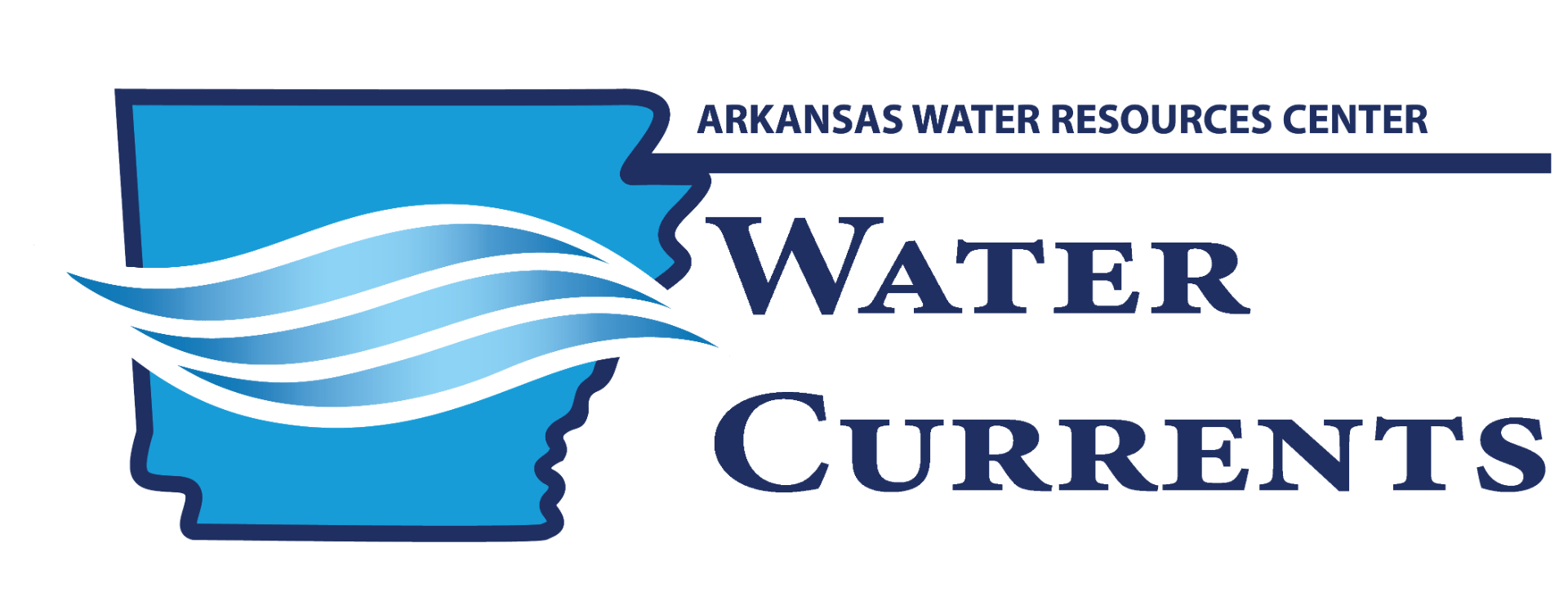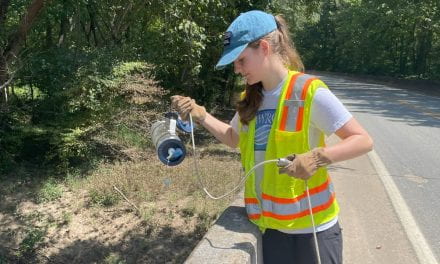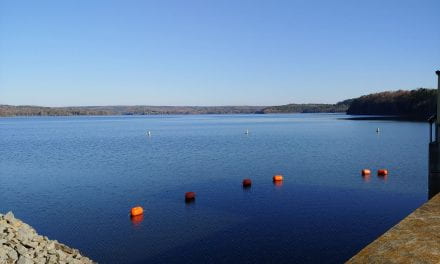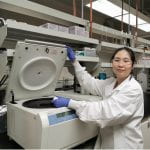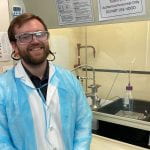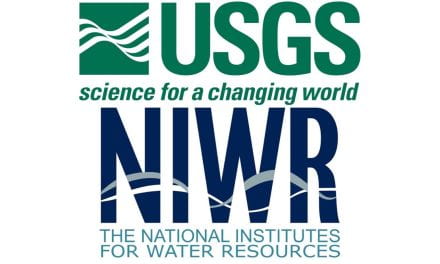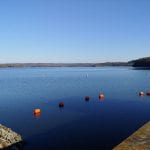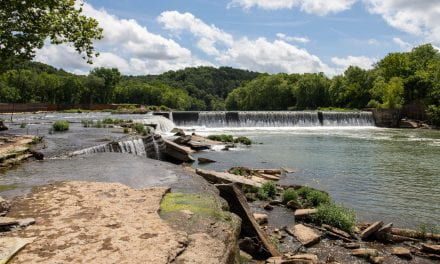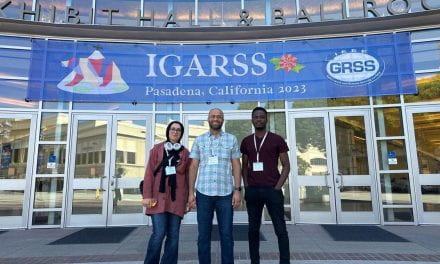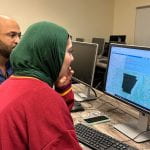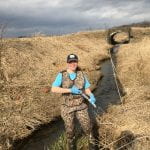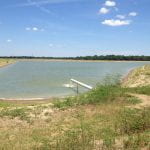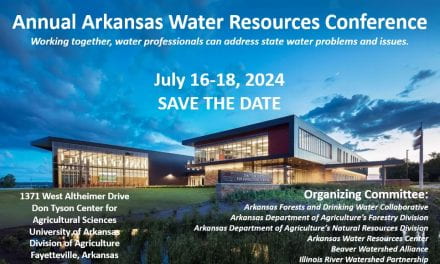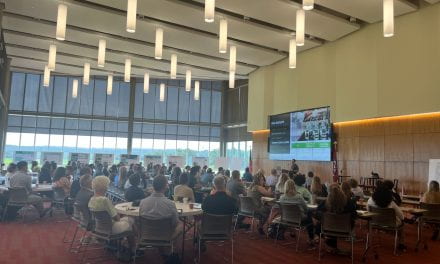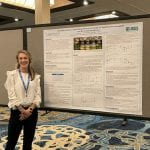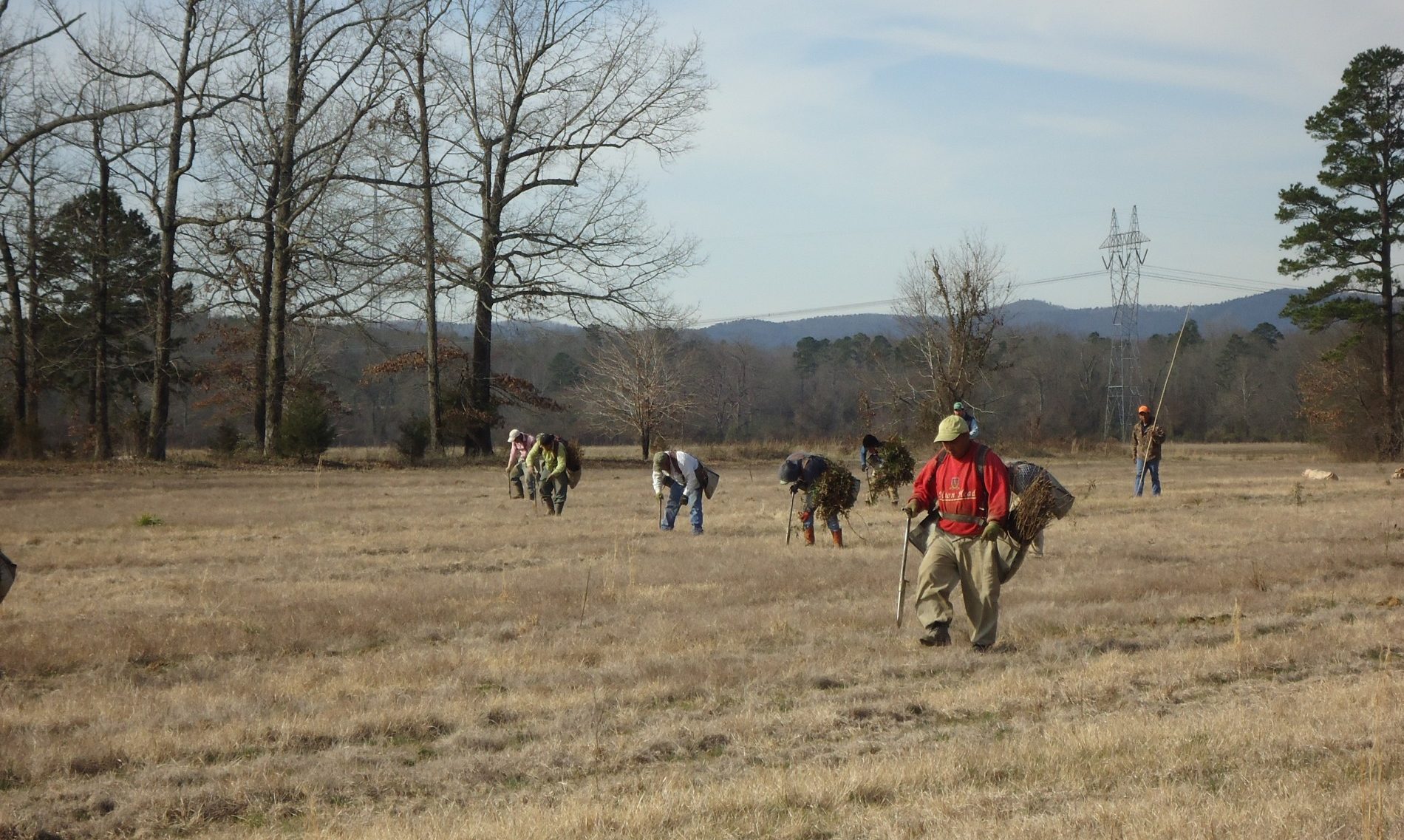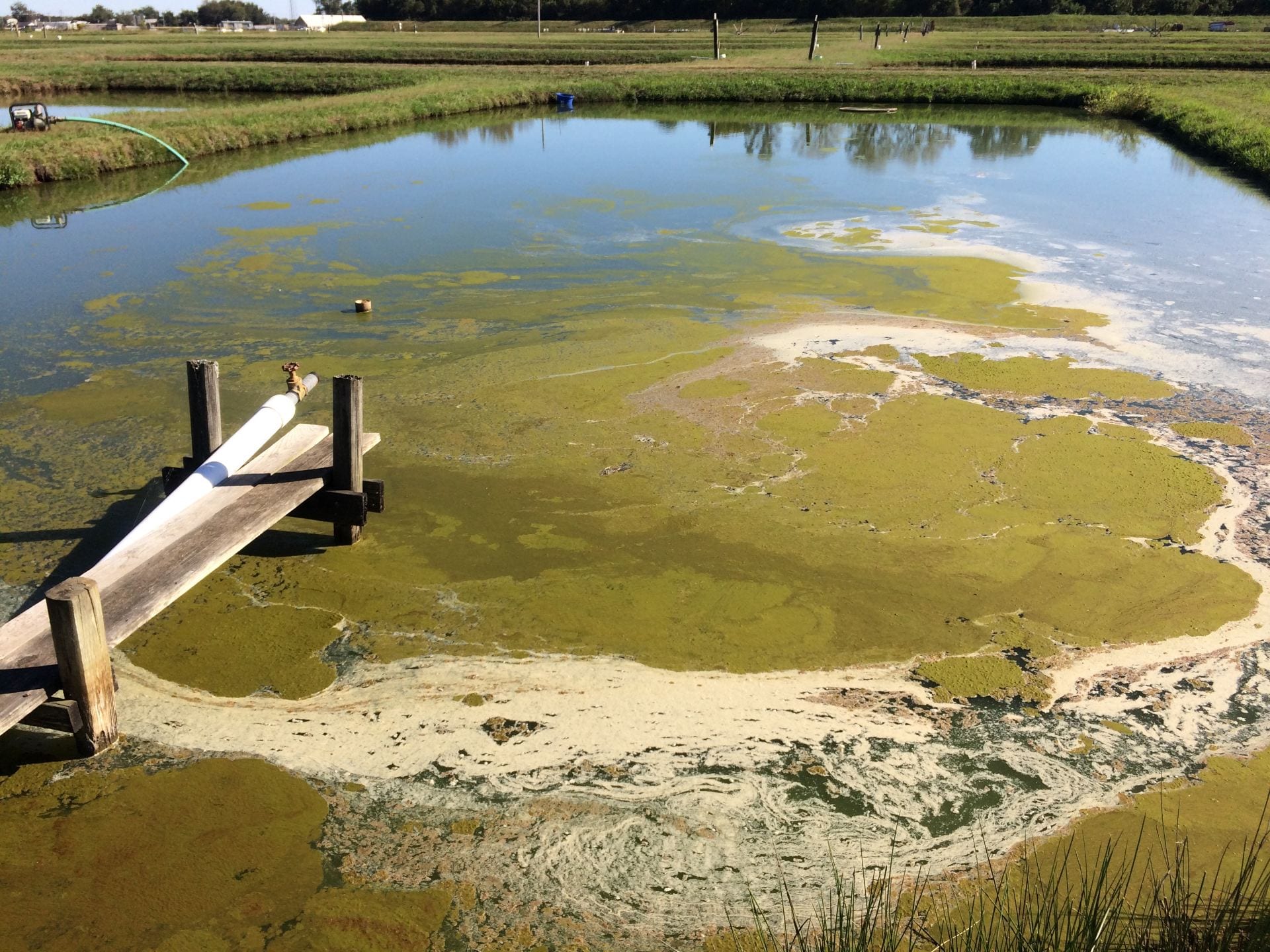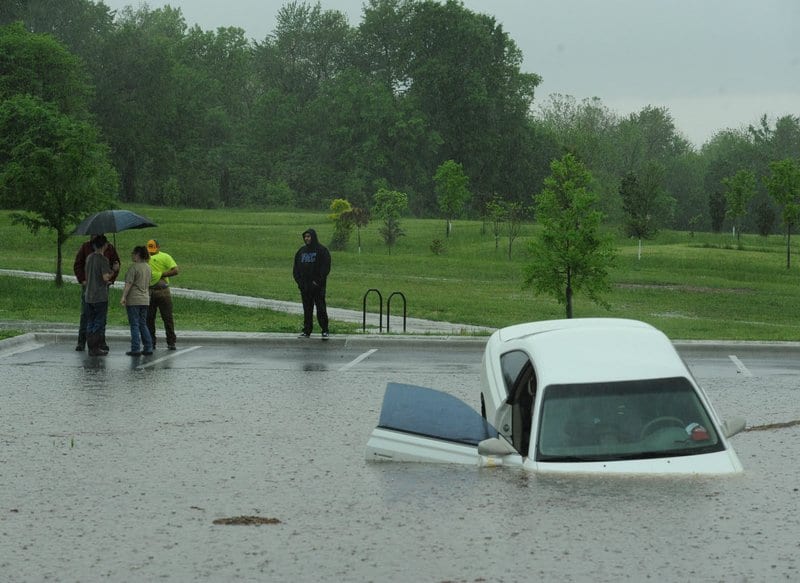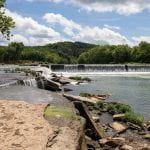
Thomas McKean Works to Improve Filtration of Toxic Contaminants from Water
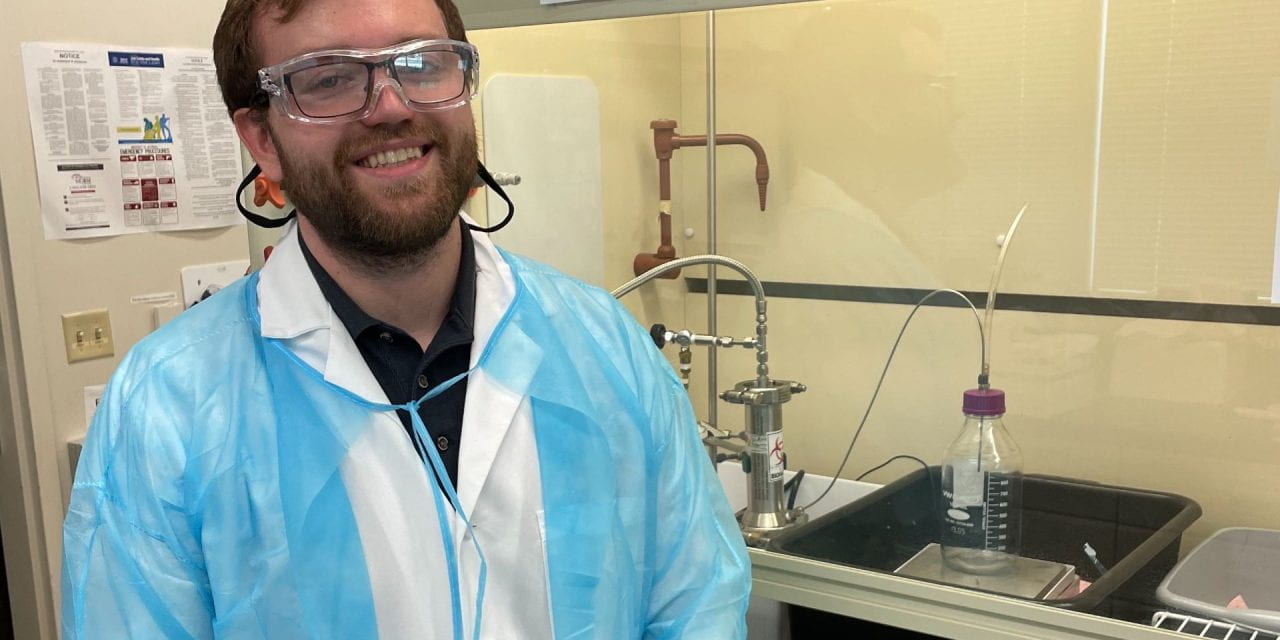
Thomas McKean is working on applications of membranes for removing toxic contaminants from water resources. McKean joined Dr. Ranil Wickramasinghe’s research group at the University of Arkansas as a Ph.D. student in 2021.
McKean’s project uses a technique called nanofiltration which can remove harmful contaminants, or toxins, from waterways. Nanofiltration is a good option for treating water on-site because it helps avoid chemical treatment that can have harmful side effects on the environment.
“Nanofiltration uses a very small pore size [membrane] to target these very small contaminants, such as microcystin, which is the contaminant that we’re interested in particularly on a local level,” said McKean.
Microcystins are toxins produced by some freshwater cyanobacteria, or blue-green algae. Waterways in Arkansas are starting to see notable levels of this toxin. Elevated toxin levels have led to the periodic suspension of recreational activities in Lake Fayetteville.
“What we are trying to do is replace some of the chemical methods that treat this compound,” said McKean. “Chemicals used to destroy the toxins typically start a series of reactions that are difficult to control, and it is hard to isolate their effects to just the toxin you are trying to destroy.”
McKean hopes to extend membrane lifetime and make filtration more feasible for treating micro-pollutants like microcystin in local waterways. The research also has applications for managing harmful algal blooms, which occur around the world.
“We’re hoping we can develop a point of source system where we can go to different areas that have high occurrences of harmful algal blooms, starting in Arkansas, and handle it before it can spread,” said McKean.
The undergraduates assisting McKean in his research get to learn the basics of nanofiltration, as well as observe the experiment process.
“They’re getting involved in different parts of the project, and we’re also using it as a tool to teach them how to do a research project and how to do chemical engineering water treatment as well,” said McKean.
McKean received a grant from the Arkansas Water Resources Center under Section 104(b) of the Water Resources Research Act administered by the U.S. Geological Survey.
Image courtesy of Thomas McKean
